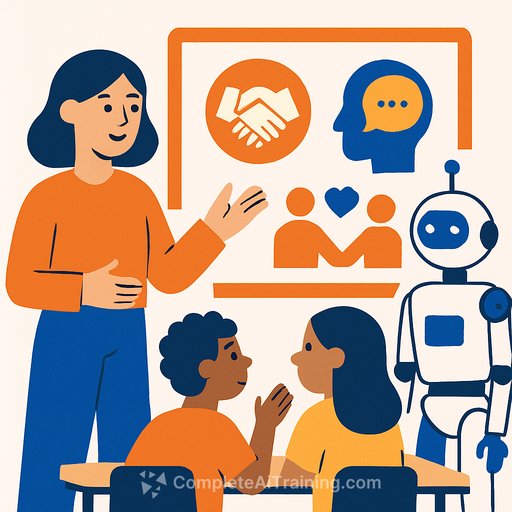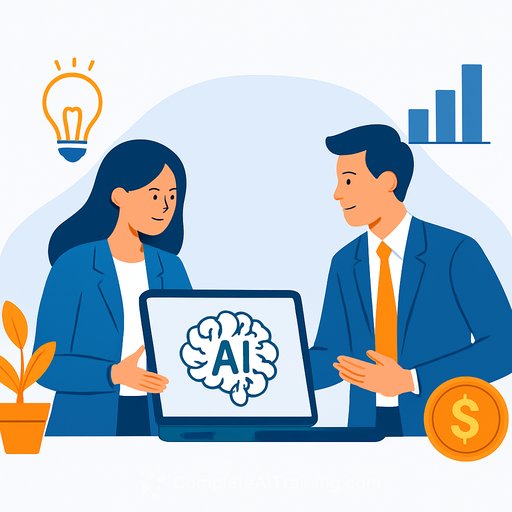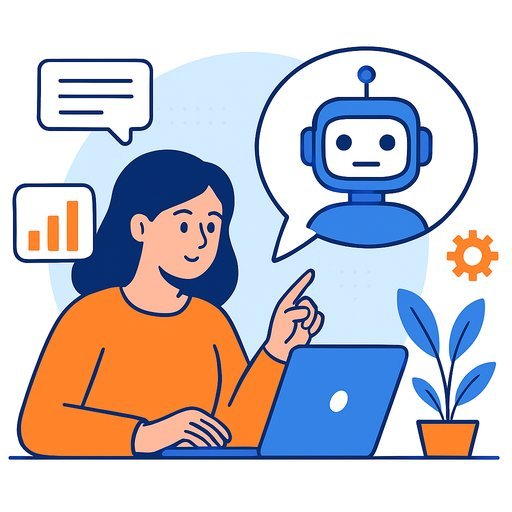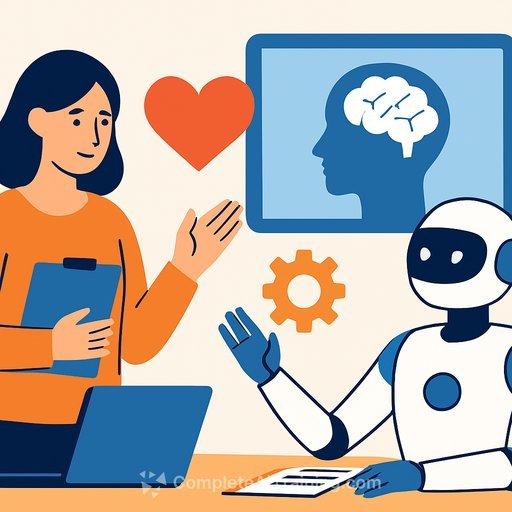Why Soft Skills Are Essential for Students in the Age of AI
As artificial intelligence takes on more creative and analytical tasks, the need for human-centered soft skills is becoming critical. Jennifer Steele, an education professor and former K-12 teacher, emphasizes that schools must focus on developing these skills to prepare students for a workforce where AI handles many isolated tasks.
Soft skills—such as collaboration, emotional awareness, and self-regulation—are difficult for machines to replicate but highly valued by employers. Steele points out that these skills are just as important for young learners as foundational knowledge like math and reading.
Beyond Collaboration: The Broader Scope of Soft Skills
Initially, soft skills were often defined as the ability to work well in teams. Steele expands this to include metacognitive skills (monitoring one’s own learning) and intrapersonal skills (understanding and managing emotions). These traits help students adapt, learn from setbacks, and navigate social environments effectively.
While AI can perform many tasks efficiently, it lacks the human touch—empathy, bedside manner, and the ability to connect emotionally. These aspects will likely become premium skills in the future job market.
Integrating Soft Skills into Traditional Learning
Steele suggests that soft skills development can be embedded within standard subjects like math and reading. For example, group projects can build communication and teamwork, while activities that encourage reflection can foster self-awareness.
It's important that students master basic skills even if technology can provide answers. The goal is to ensure they have a solid foundation while simultaneously strengthening their ability to work flexibly alongside AI.
Challenges and Opportunities for Educators
Teaching soft skills is more challenging than teaching hard skills because personality traits partly influence them. However, Steele warns against assuming these traits are fixed or innate. Just as educators work to improve math or reading abilities, they should also encourage growth in communication, emotional intelligence, and adaptability.
Schools play a key role in helping students understand that skills not naturally strong for them can be developed through effort and practice. This mindset will be crucial for young people entering a job market that demands flexibility and lifelong learning.
Focus Areas by Age Group
- Young children: Emphasize socio-emotional learning to build core interpersonal skills early.
- High school students: Shift focus towards complex problem-solving and advanced collaboration.
By fostering a blend of hard and soft skills, schools can better equip students for future careers shaped by AI technologies.
Additional Resources
Educators interested in practical tools and courses to help students develop AI-related skills alongside soft skills can explore options at Complete AI Training.
Your membership also unlocks:





